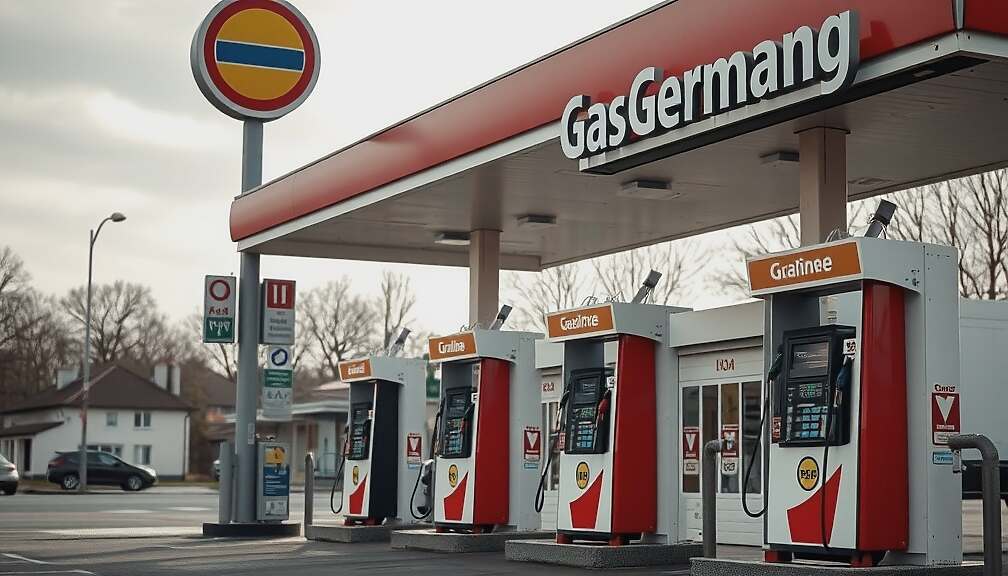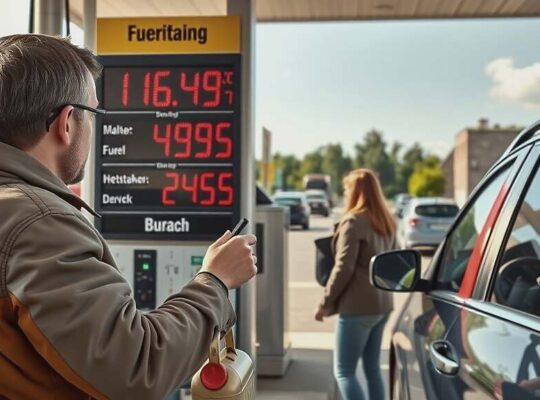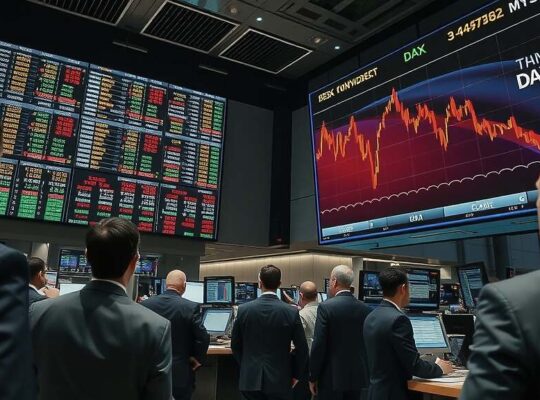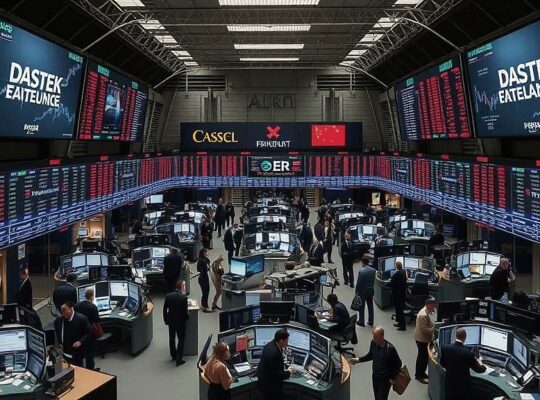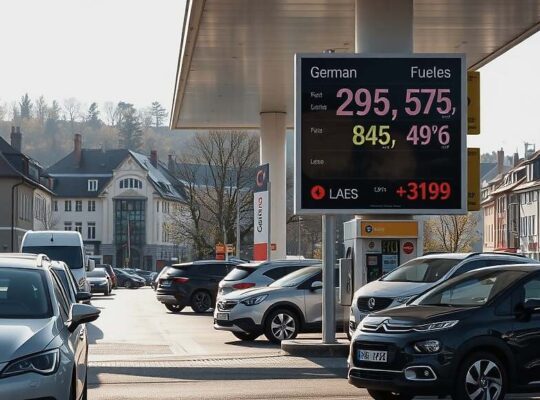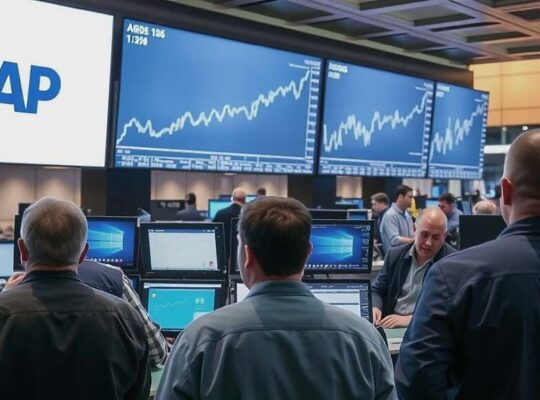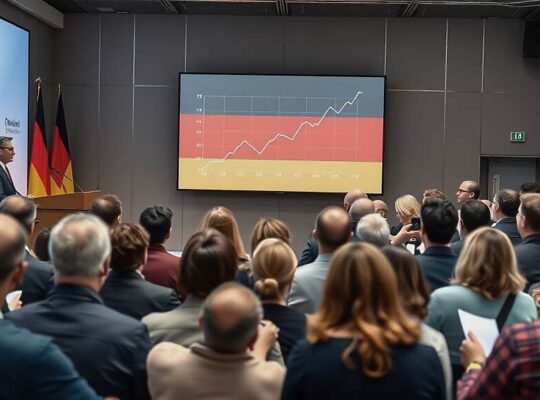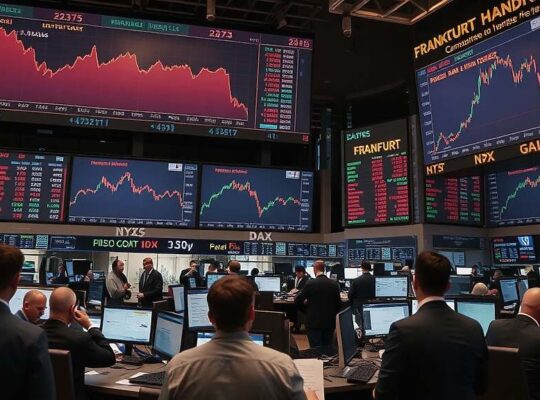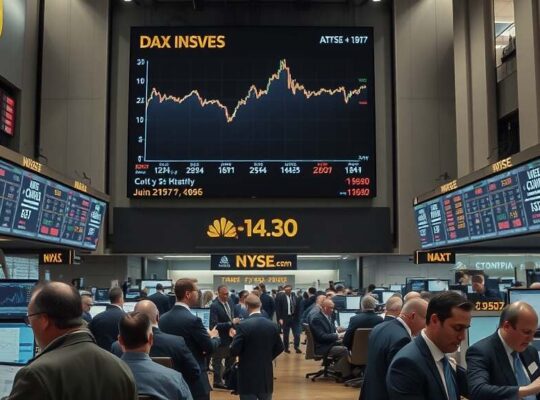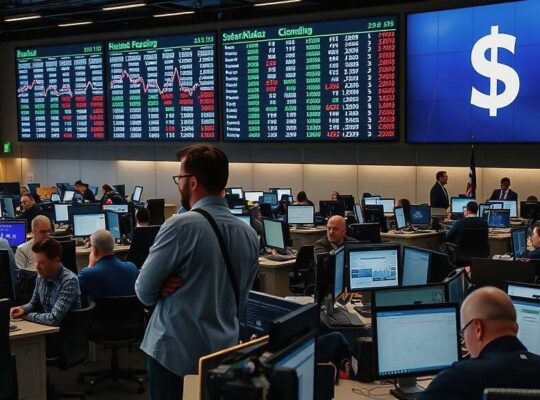Fuel Price Discrepancies Highlight German Economic Vulnerabilities
Recent data from the ADAC, Germany’s largest automobile club, reveals a curious divergence in fuel prices, raising questions about the complexities of the nation’s energy market and its susceptibility to currency fluctuations. While the price of Super E10 remains stagnant at an average of €1.677 per liter, diesel prices have edged upwards to €1.613, representing a slight increase.
The apparent stability in Super E10 pricing, despite relatively stable crude oil futures – Brent North Sea oil hovering around $64.50 per barrel – contrasts sharply with the increase in diesel. This disparity is directly linked to the weakening of the Euro against the US dollar. As a significant portion of Germany’s crude oil imports are priced in US dollars, a weaker Euro inherently increases the cost for domestic consumers.
The ADAC attributes the recent diesel price rise primarily to the approaching heating season and the subsequent rise in demand. This explanation, however, is met with scrutiny, with the club itself acknowledging that diesel currently appears to be “several cents too expensive”. This suggestion hints at potential market manipulation or pricing strategies that are not entirely reflective of underlying supply and demand dynamics.
The situation exposes vulnerabilities within the German economy. Reliance on dollar-denominated oil imports leaves the nation vulnerable to exchange rate volatility, a factor that increasingly influences consumer spending and inflationary pressures. While government policies aimed at promoting alternative fuels and renewable energy sources are in place, the immediate impact on prices at the pump, particularly for diesel, appears limited.
Furthermore, the discrepancy highlights concerns about the transparency of fuel pricing mechanisms and calls for greater oversight to ensure fair competition within the industry. The potential for artificially inflated diesel prices, suggested by the ADAC’s own assessment, necessitates a more rigorous examination of supply chain practices and potential anti-competitive behavior. Ultimately, the fluctuating fuel prices serve as a stark reminder of Germany’s entanglement in global markets and the ongoing challenges of navigating energy security in a volatile geopolitical landscape.


